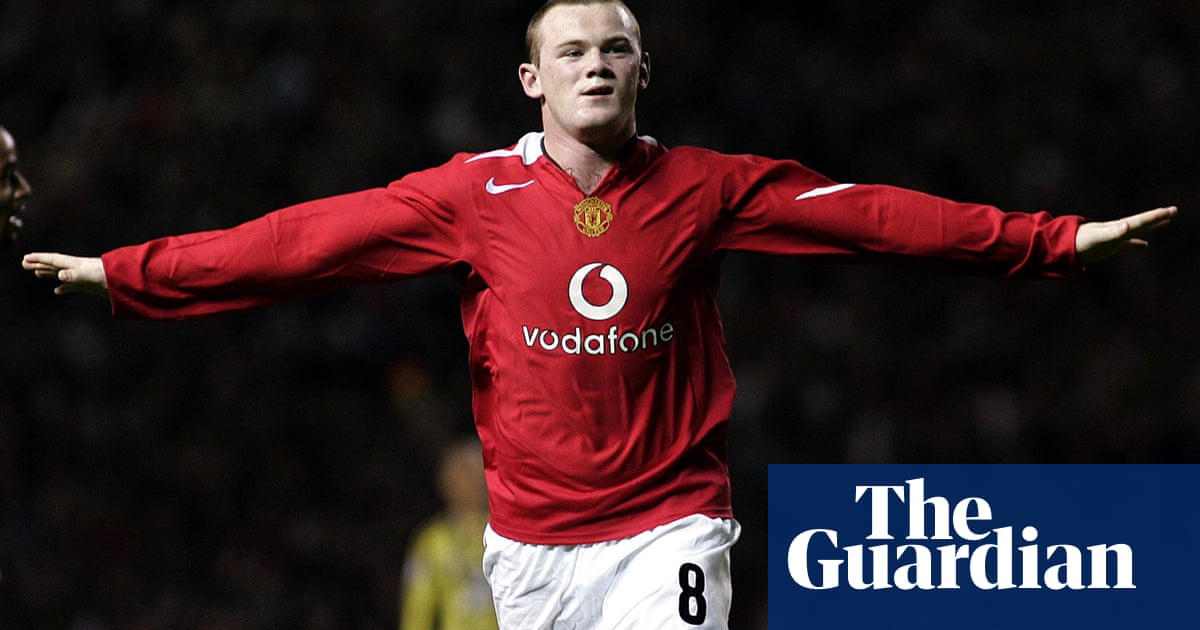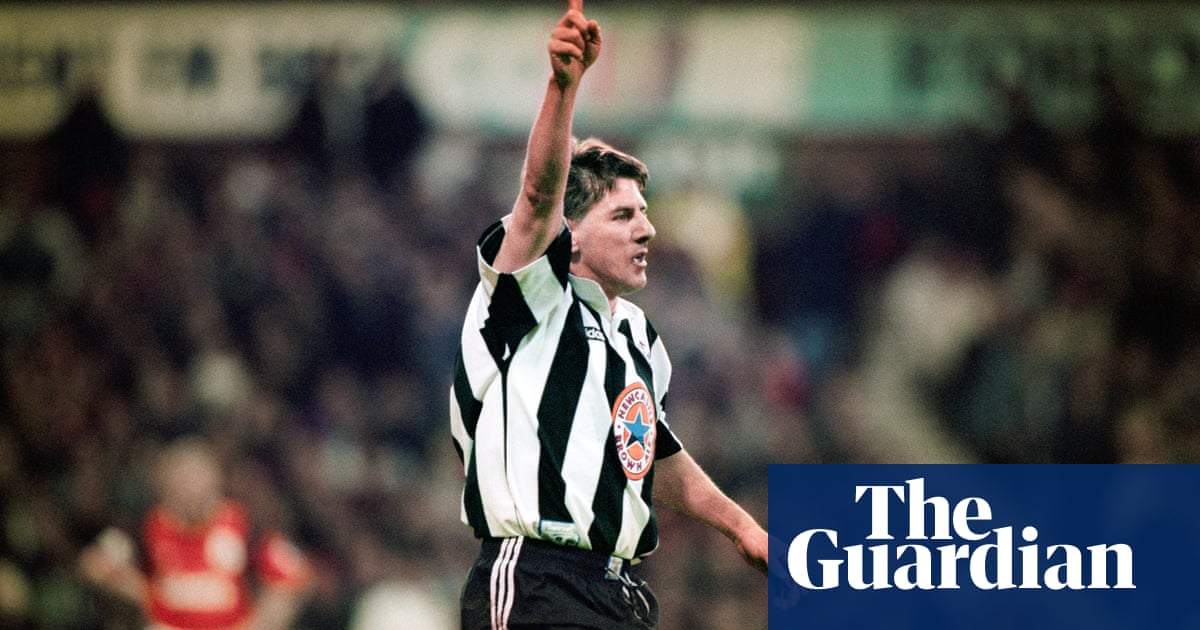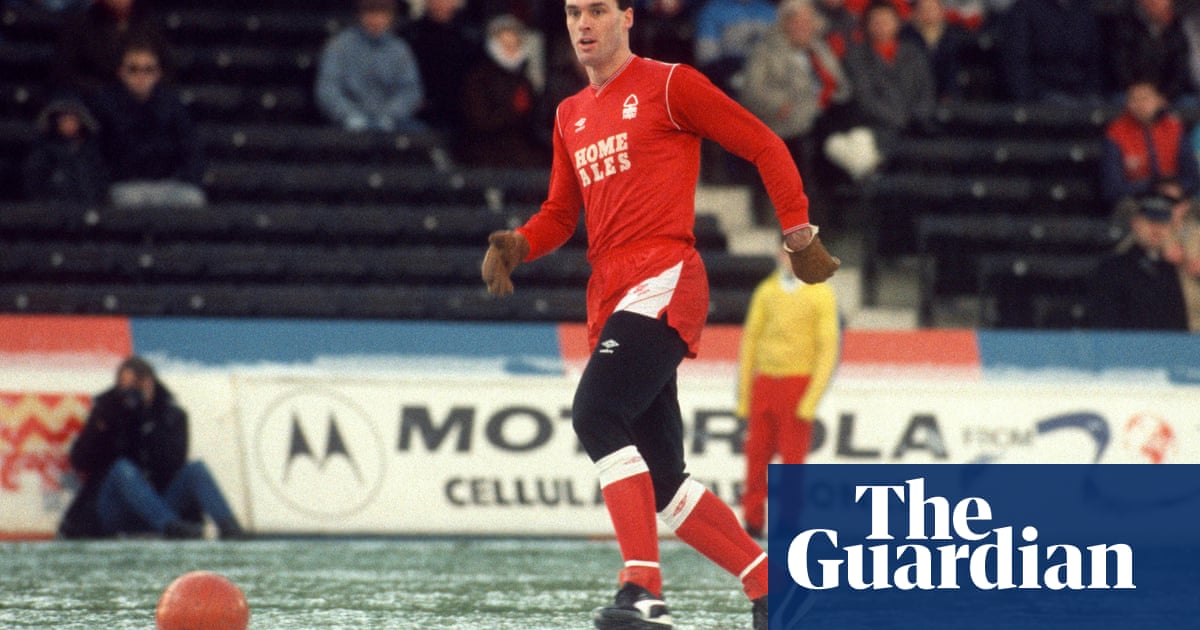
In September 1994, Leeds United beat Manchester United – the first time they had done so since February 1981 – with David Wetherall and Brian Deane their scorers in a 2-1 win. Which is a strange place to begin a piece about a Roberto Carlos goal, but please bear with me: the seamless segue will soon reveal itself.
A couple of days later, I returned from school to find a letter addressed to me – a rarity, given I was 15 – so ripped open the envelope in characteristically clumsy manner to discover what can only be described as hate mail. Accompanying newspaper cuttings of the aforementioned game was a letter extolling the virtues of Phil Ma-sing-ahhhh, along with general vitriol aimed at Manchester United in general and Alex Ferguson in particular.
I knew immediately that its author was a mate from Leeds and discovered soon after that similar had been dispatched to another of our group, a Manchester United fan like me. So, 28 years later, when Leeds returned to the Premier League and were edged 6-2 at Old Trafford, we sent similar – gentler – missives to his teenage son, offering warm congratulations on his team’s epochal achievement. Revenge, as they say, is best served sub-zero and to your friends’ unwitting children.
Such is growing up, your myriad failures and failings enshrined in the collective conscious for merciless deployment, whether daily or after lying dormant for decades – just ladz, being boyz. And because football intensifies everything, it intensifies this way of being: if weekend defeat was annoying, school on Monday was harrowing, a puberty of goons baying animosity and insecurity with righteous, awesome elan. There is nothing like it.
But there is also another side to it. Though football is, by its nature, a partisan endeavour and all the more wonderful for that, it is also a communal endeavour and all the more wonderful for that too. So, though among my lot the focus was on enjoying each other’s traumas, we also fed off each other’s love, whether running into class in the morning performing football claps, clattering each other in playground and corridor, or learning the terrace ditties of teams we didn’t support; “My name is José Dominguez, I play on the winguez,” sung by Spurs in the late-90s, remains a personal favourite, less so the one from that game at Elland Road: “Brian Deane, Brian Deane spies the Man U net, Brian Deane, Brian Deane, Fergie’s in a sweat, in off the bar, fuck Cantona, Brian Deane, Brian Deane, Brian Deane.”
And – here comes that unstoppably gorgeous segue – there was no shared love greater than the one experienced worldwide on the morning of Monday 4 June 1997. The previous night had seen the opening match of Le Tournoi – or Tournoi de France, to give it its full name – a warm-up competition for the 1998 World Cup, at which I’d no doubt sneer were it invented now. But aged 18, there was no such thing as too much football and nothing that came before football, so I excitedly settled in to watch France v Brazil.
By then, and unlike at the start of my football-watching career, we had a reasonable notion of which non-British players were good. Patrick Vieira worked in England; Laurent Blanc was coveted by Ferguson; Ronaldo and Zinedine Zidane were on Football Italia and Revista de la Liga. So we also knew about Roberto Carlos, a one-man left flank with prodigious thighs, malandro spirit and a left foot like a can-opening traction engine who was reinventing our conception of what a left-back could be.
But no one watches a game to watch a left-back – especially not when Romário and Ronaldo are in tandem, as was the case that night. Alongside them were four more who started the 1994 World Cup final – Taffarel, Aldair, Dunga, Mauro Silva – as well as Cafu and Leonardo, who had been suspended after elbowing Tab Ramos’s nose through the back of his head. Completing the XI were Giovani and Célio Silva, which is to say that Brazil were favourites to retain their title, with good reason.
France, meanwhile, were building the side that would take it from them. Their all-time great back five was almost settled – Fabien Barthez, Blanc, Marcel Desailly and Bixente Lizarazu started, with Lillian Thuram on the bench – and midfield contained Christian Karembeu, Didier Deschamps and Zidane, though Robert Pires, Ibrahim Ba and Florian Maurice would eventually be replaced by Emmanuel Petit, Youri Djorkaeff and Stéphane Guivarc’h.
The first 20 minutes were as uneventful as you’d expect. But then Ronaldo killed a goalkick beautifully only to be sandwiched by Blanc and Vieira as he moved off, and Kim Milton Nielsen awarded Brazil a free-kick, nearly 40 yards out and fractionally right of centre. So, very deliberately, Carlos placed the ball, then paced out a run-up that took him slightly to the right of it … and to the edge of the centre-circle. Yeah, all right old mate; you do you.
In the meantime, Barthez hollered and pointed, organising his wall – laugh! – and the camera zoomed in on a lovely rendition of the Adidas Tango ball, as though it knew something devastating awaited it, subtly inserting it into our visual memory like Roger Deakins with a Grays Sports Almanac. Our man then eased into his run-up, little steps to get going before floating into a pause and exploding into a sprint, before flinging every fibre of body and soul into the outside of his left foot, annihilating a brilliant shot that burned, screeching, shrieking and howling inside the near post.
Yeah, whatever. It was good, of course it was, but we’d seen that kind of thing before – Éder for Brazil v Argentina on the Story of the World Cup VHS, Branco v Netherlands in 1994. Er, or not. Because though Alan Parry and Andy Gray responded with hyperbole, they hadn’t seen what had really happened and nor had we – until we were taken behind the ball in slow motion, at which point everything we thought we knew, not just about football but about the laws of physics, changed.
Because Carlos hadn’t simply imparted swerve by way of banana shot – in a football skills book of my childhood, this was with the term for an effort hit with outside of the boot, which now I’m a sophisticated metrosexual Guardianista, I of course know as the trivela. Rather, he’d shaped as though aiming several yards wide of the near post, menacing a ballboy whose ducking out of the way intensified the effect then, as if by remote control, the effort lurched back the other way at nauseating, ecstatic pace like a missile on a rollercoaster, clipping the post and billowing the net as Barthez stood alone and palely loitering, his sedge withered from the lake and no birds singing.
Silence. In front rooms across the world, silence – the kind of silence you can hear – followed by laughter, cackling and maniacal then elated and disbelieving. One of the best things about football, and one of the reasons it endures as the world’s game, the sole human creation able touch every kind of person across every possible divide, is its variety. With 22 players compressed into a small space but able to move anywhere in it, playing a free-flowing, free-forming game largely unencumbered by set pieces, chaos and variety are inevitable – there are many more ways to score a goal than there are to hit a winner, take a wicket, make a basket or go over for a try.
Even so, though, people have been playing the game for long enough so that unique finishes are rare. Variations on a theme, sure, mindblowing skill, absolutely – but something qualitatively different to anything and everything? Almost never.
But this, indubitably, was that: not just a unique goal but the uniquest goal; a goal more unique than all other goals that are also unique; a goal so powerfully and unprecedentedly unique it beat not just Barthez and his wall, but the previously impregnable rules of English grammar and internet pedantry. Twenty-five years later, there remain two categories of free-kick finish: that one and all the others, not just the greatest of its kind but one of the greatest of any kind.
So it was that a generation of schoolkids raced in the next morning, newspaper diagrams in hand, to clutch, tap and shake each other in disbelief, regaling each other with everything they already knew. At the time, it felt like we were celebrating the joy of being young – the endless possibilities of life – but what I know now is that by experiencing something that would outlive us, we were also mourning the tragedy of getting old – the inevitability of death. Which, relative to school the morning after a bad defeat, sounds a not unappealing option.












